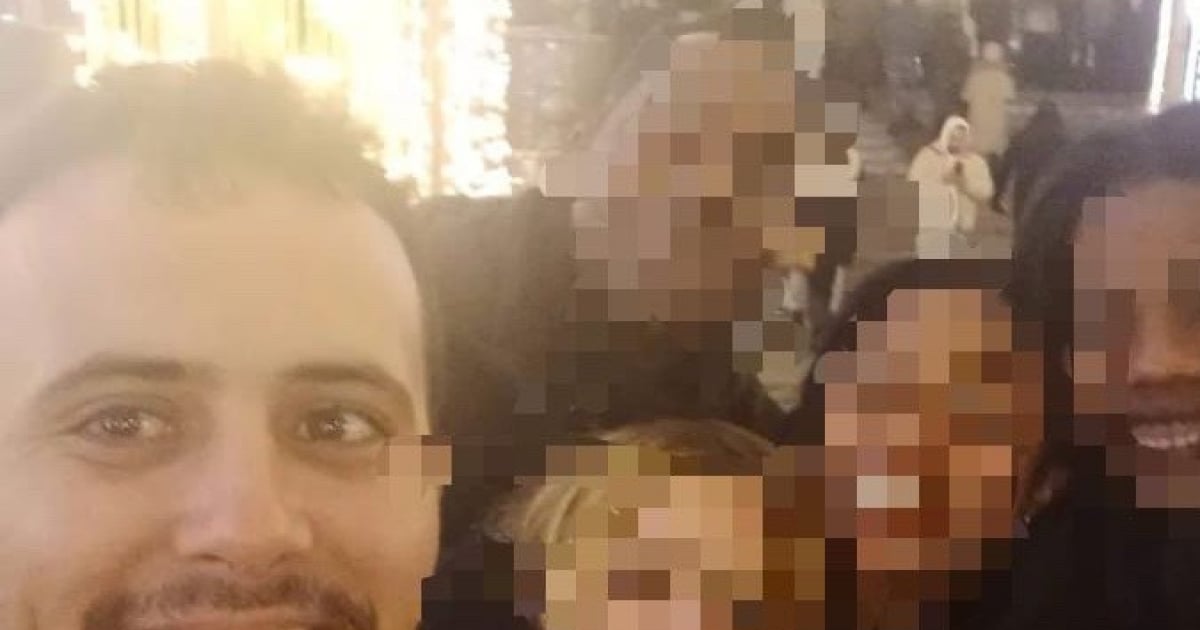"We endured such cold that we spit blood clots." This is the harsh reality for about fifty Cuban students studying in Russian universities in fields like tobacco, science, innovation, transportation, railways, and oil under conditions that go beyond mere hardship. They arrived in Russia proud to have been chosen, but the situation they found was far from what was promised.
The maintenance funds sent by the Cuban regime are consistently delayed by one or two months. Those with family outside Cuba manage to survive, but those without are drowning in absolute misery. This has led to a wave of dropouts. Last year, out of 12 scholarship recipients, only two graduated, and just one returned to the island.
José Alberto Ferrán is one of those students who left his studies a month after arriving in Moscow. He returned to Cuba, obtained a new passport, and left for Nicaragua. Speaking from New Jersey with CiberCuba, his account has been corroborated by another student currently studying in Russia on a Cuban government scholarship.
Unfulfilled Promises and Harsh Realities
For Ferrán, it was an honor to be selected from all the Industrial Engineering students in Pinar del Río to study in Moscow. In Cuba, he was told he would complete his studies at the Moscow State University. What they didn't tell him was that he would be put on a plane in December, in the dead of winter, with sub-zero temperatures, no money, and no coat to study at a university on the outskirts of Moscow.
He was also not informed that he would have to pay between 2,000 and 3,000 rubles monthly (20-30 euros) for a dormitory shared with 120 students per floor and only one stove with two burners for cooking. He was not told that he would be under constant surveillance and threatened with visa revocation, or that the medical insurance provided by Cuba only covers primary care consultations. The rest, including annual visa renewal, had to be paid out of pocket.
Additionally, there were other costs, such as bribes to the Russian police, who frequently stop them in the streets, especially those who break the rules and leave the city. This is prohibited by the "instructors from the Cuban Embassy in Russia," who threaten them with jail if they don't pay. All fear being drafted for the war in Ukraine or being caught in an attack, with no guidance on what to do, whom to contact, or where to find shelter.
Among the students, there are informants who report to the embassy if their peers skip classes, work unofficially, or get poor grades. All have signed a contract that includes a family member's name as a guarantor; if they desert, that family member must repay what the regime has provided for their maintenance, or they cannot enter Cuba. In fact, Ferrán received a letter demanding repayment for the funds spent by the Cuban government to send him to Moscow before he left the country. He ignored it and left Cuba after trying to resume his studies at a local university and being forced to retake his second year under the pretext of new subjects.
Students studying transportation, like Ferrán, depend on Gustavo José Cobreiro Suárez at the embassy, and Francisco De Castro, head of the Training Union of Cuba's Railways. They are the ones who threaten and control them, giving lectures whenever something significant happens in Cuba.
In Russia, many opt to work unofficially to afford food while waiting for the Cuban government payments, which a government official explained are authorized but lack liquidity. When this happens, the euros they receive must be converted to rubles, and if they need euros again, they have to convert back, losing money in the process.
Cobreiro, the counselor for Education and Science at the embassy, threatens to cancel their visas and leave them illegal in Russia if he finds out they are working without a contract. Another risk they face is not getting paid, as Russian employers often promise 15,000 rubles (150 euros) per week and disappear without paying at the end of the week.
Those living well in Russia are the privileged ones, like Cobreiro's own daughter, who enjoys a good life there. Those from humble backgrounds not only need to find money for a coat to avoid freezing but also send something back to their families in Cuba. Their situation is dire, and they consider marrying a Russian, seeking asylum at the American embassy, or reaching Spain by crossing borders.
They have tried everything, and the safest route today is to abandon their studies, risk having their visas canceled and becoming illegal in Russia, or leave as soon as possible, return to Cuba, get another passport, and flee through Nicaragua, as Ferrán did. Moreover, the degree they obtain from a Russian university is not internationally recognized, making it as if they had studied in Cuba. They have no incentive to continue this "opportunity" provided by the Cuban regime. Many give up because they cannot overcome this survival test.
Frequently Asked Questions about Cuban Students in Russia
Here are some common questions and answers regarding the challenges faced by Cuban students studying in Russia under government scholarships.
Why are Cuban students dropping out of Russian universities?
Cuban students are dropping out due to delayed maintenance payments from the Cuban government, harsh living conditions, and lack of support.
What challenges do Cuban students face in Russia?
Challenges include delayed funds, poor living conditions, constant surveillance, threats of visa revocation, and the need to pay out of pocket for additional expenses.
Are the degrees obtained in Russia recognized internationally?
No, the degrees obtained by these students are not recognized internationally, making them equivalent to degrees from Cuban universities.
What are the options for Cuban students who decide to leave Russia?
Options include returning to Cuba and fleeing through Nicaragua, seeking asylum, or marrying a Russian to obtain residency.
